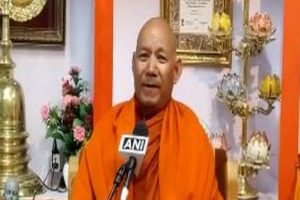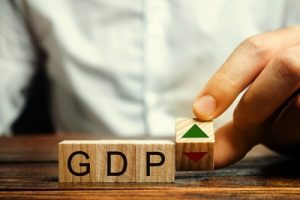All over the world, each day, companies, governments and charities collect terabytes of data about their products, customers, clients, patients, systems and services.
Effective management, analysis and interpretation of such big data is now vital to the success of almost all organisations, but who is doing this work and what kinds of skills do they need? Such data is stored on powerful computers and so computer scientists and engineers are obviously essential.
But the data is only useful when patterns and connections can be found within and it’s less obvious who’s doing that work. In fact, such work is seldom done by one person.
The key to success is usually a team including at least one statistician. Each person in the team needs a large range of skills, however, including communication, team-working, creativity, a focus on the shared goal at all times and lots of experience of solving poorly defined problems.
Many young people are now obtaining numerical and computing skills at school and on undergraduate university degrees, but the other skills are much harder to obtain. For these, there is no substitute for specialist training from those who already have lots of relevant experience, either on-the-job or on a postgraduate course.
Most professional statisticians start with a good undergraduate degree in mathematics or statistics and then progress to an MSc in statistics. Such courses have theoretical training in analytical and statistical methods, lots of practical experience of managing, analysing and interpreting real data, but also insight into the professional world the graduates are likely to work in. They also offer extended projects allowing students to work independently on a substantial, poorly defined problem, thus gaining highly employable skills. The specialist modules students can expect to study on an MSc in statistics include:
Time series analysis: This provides theory and method for analysing data for which the date or time of collection is of key interest. Such data include stock prices, pollution records, weather data, marketing information and daily medical records.
Multivariate analysis: Students learn theory and method relating to the analysis of data for which multiple observations are made each time a person or object is studied.
Such data arise from chemical analysis of blood, industrial products or polluted water and from motor insurance policyholders and students applying for university.
Sampling theory and design of experiments: This is needed where controlled experiments are undertaken like opinion polls, drug development, agricultural field trials, concrete strength testing and a wide range of psychological and perception experiments.
Statistical computing: This provides students with experience of coding in specialist statistical programming languages so that they can confidently apply the methods and theory taught on other modules.
Professional and consulting skills: It uses project work to introduce students to open-ended, realistic problems, encouraging them to develop tailored solutions and refine their interpretive skills thereby increasing their employability.
Some students undertake their MSc full-time, over a year by moving to a university city with a course in statistics. Others work full-time and do their part-time course via distance learning.
The second option is increasingly popular since students can work and live anywhere in the world while they study, and (since statisticians are in such short supply) some employers will even cover all or part of the costs.
These professionals are always in demand by employers worldwide, but some major employers include Google, Microsoft, Astra Zeneca, GlaxoSmithKline, Unilever, UK Meteorological Office, PWC, Kraft, KPMG, UK Office of National Statistics, RSA Insurance, Facebook, Amazon, HSBC, etc.
The writer is professor, School of Mathematics and Statistics, University of Sheffield, UK.











